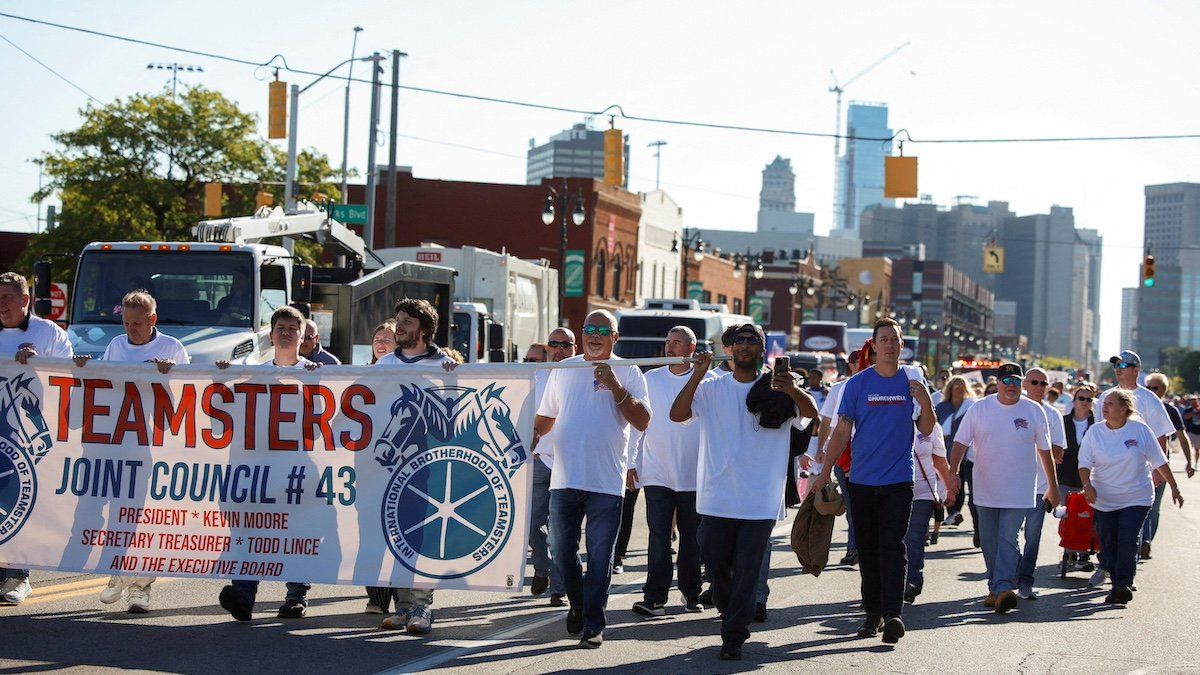58: In a stunning break with decades of tradition, the Teamsters, one of the largest unions in the US, declined to endorse a presidential candidate. The organization has historically leaned left, and it endorsed the Democrat in the last four cycles. But after internal polling revealed that 58% of its members now support Donald Trump, the union bosses announced Wednesday that they wouldn't side with either candidate. Shortly after, however, the West Coast Teamsters announced that they were endorsing Vice President Kamala Harris, signaling a possible rift among the membership.
10: Some rare positive news from the frontlines of America’s war with addiction, as new public health data show that US overdose deaths fell 10% nationwide between April 2023 and April 2024. In some states, such as Ohio, the drop was triple that. The findings suggest that the acute wave of overdose deaths that began during the pandemic is ending. Experts aren’t sure what caused the drop, but they point to expanded treatment for drug addiction and overdoses, the gradual end of pandemic-era economic dislocation and isolation, and efforts to crush the supply of illicit narcotics. Still, more than 100,000 people a year die of drug overdoses in the US.
1.5 billion: Google notched a victory in its ongoing tussles with Brussels, as the tech giant won an appeal against a €1.5 billion (nearly US$1.7b) EU fine for violating European competition laws. The EU’s general court found that while the company had unfairly blocked rival online advertisers for a decade until 2016, the fine was too large. The news gives Google some relief after getting hit with a fine nearly twice as big last week in a separate EU antitrust case concerning online shopping services.
4.25 The Solimões river, a main tributary of the Amazon, has fallen to 4.25 meters below its historic September average, the lowest level ever recorded. This is the second consecutive year of severe droughts and scorching heat across Brazil and South America more broadly. A recent analysis showed there have been more than 345,000 wildfires on the continent this year, a record. Experts say underlying climate change dynamics are exacerbating the dry conditions produced by this year’s El Niño weather phenomenon.
5: In a first-of-its-kind case in Australia, authorities have arrested and
charged a man with five crimes related to running an online messaging app used by organized criminals to traffick drugs and plot killings. Police say they were able to crack the app, called Ghost, in an operation that led to the arrests of as many as 50 people who allegedly used it for nefarious purposes. They also face charges.
